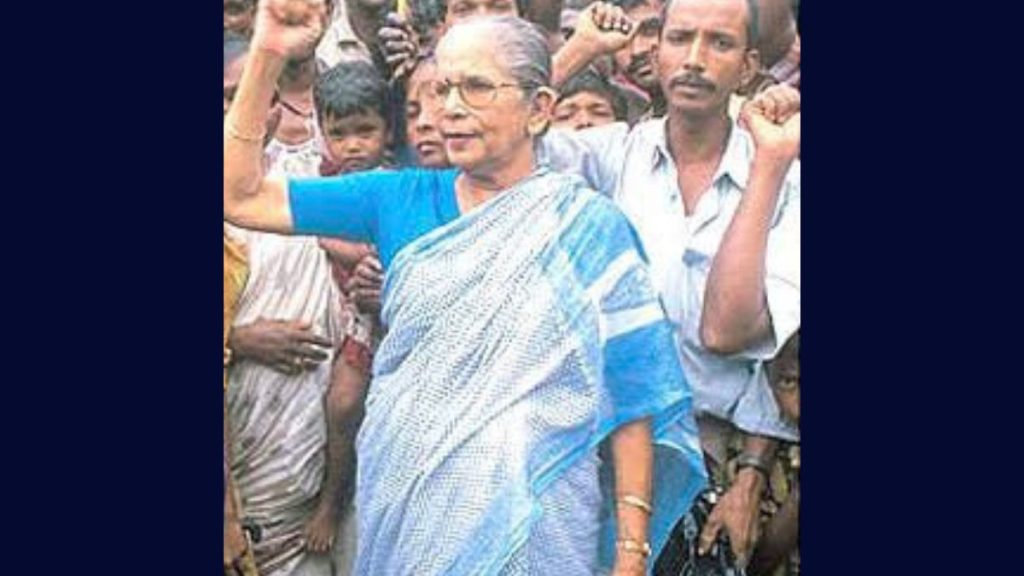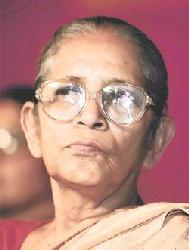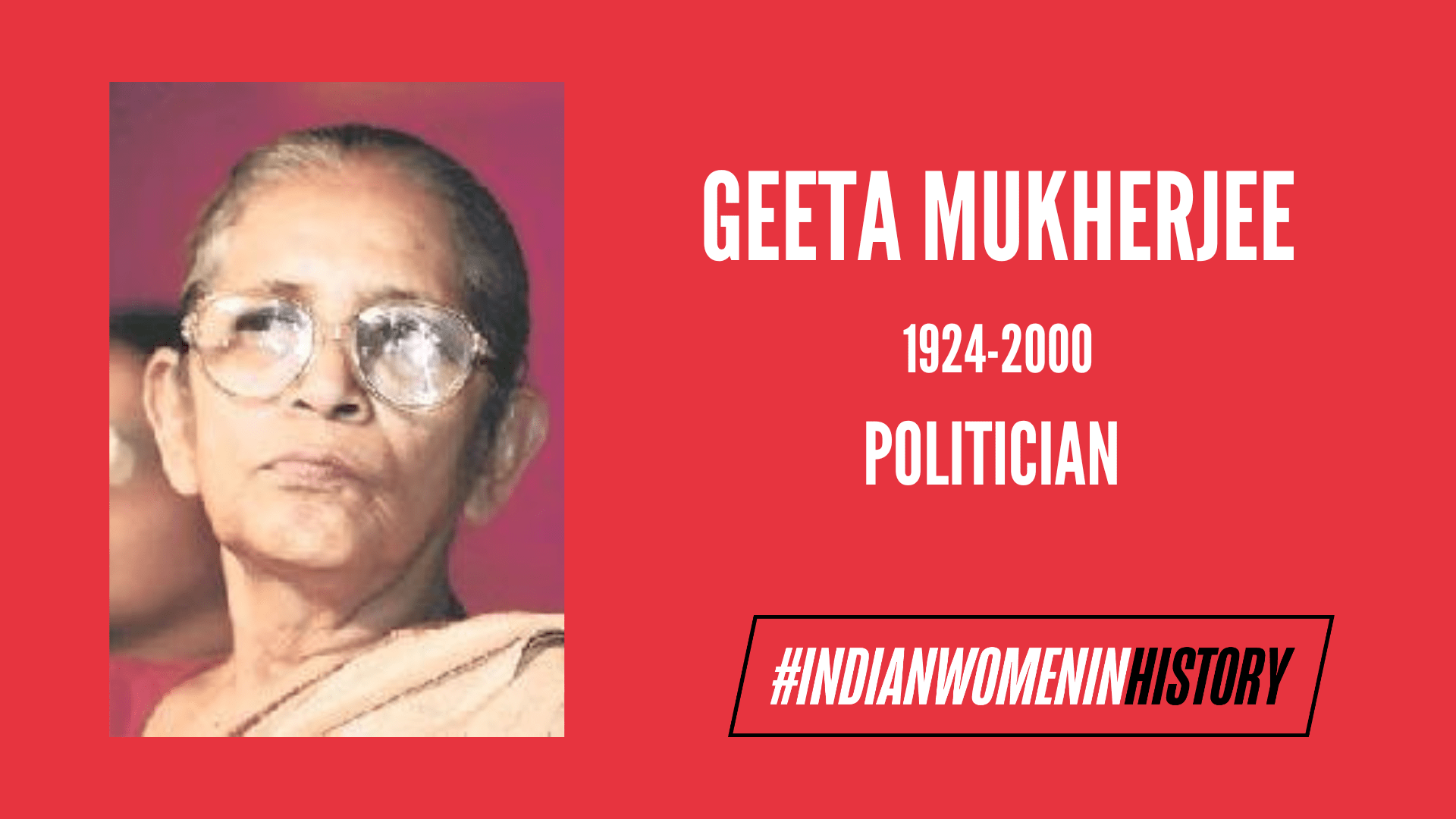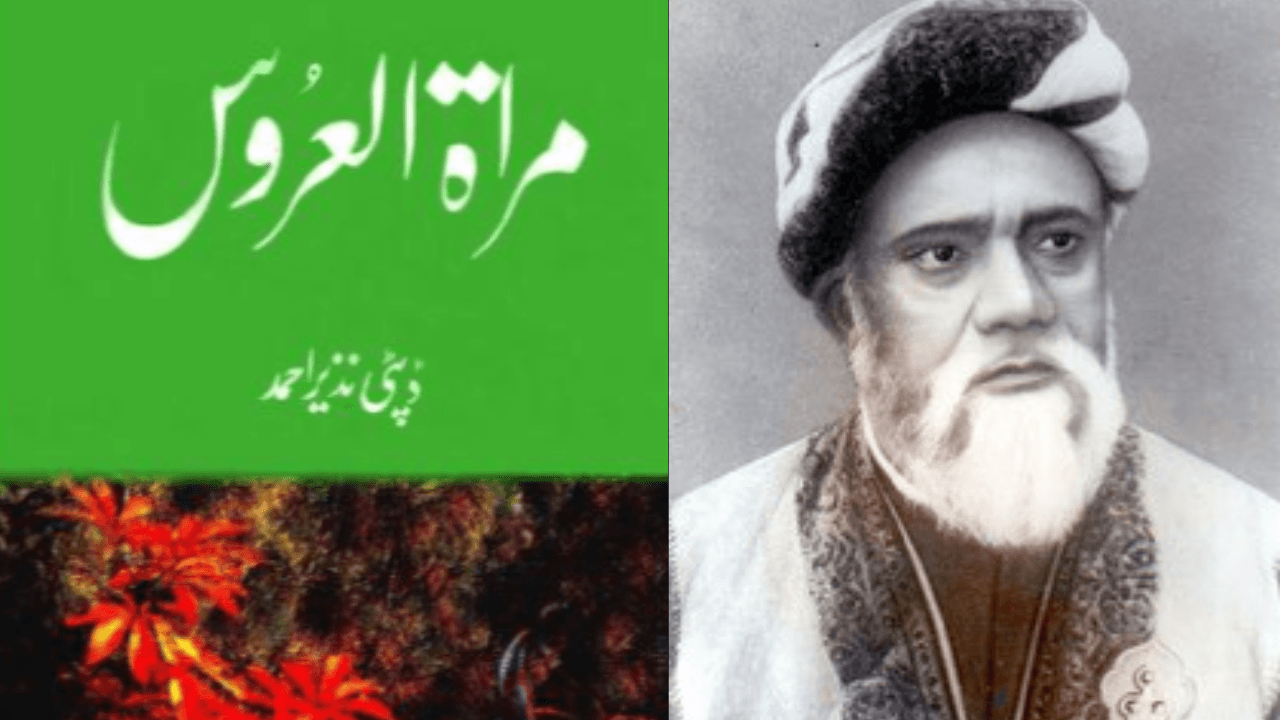The Women’s Reservation Bill, a historic piece of legislation that promises to transform the Indian Parliament, was passed by the Lok Sabha in September 2023. The Nari Shakti Bill, also known as the Celebrating Women’s Power Act, is a bill that requires one-third of all seats in the Lok Sabha and state legislatures to be set aside for female candidates. In these legislative bodies, there will be a minimum of 33 per cent guaranteed representation of women.
The ratification of the bill marked the end of a decades-long struggle for increased representation of women in Indian politics. Women currently only make up a small percentage of legislative seats, which limits their power to shape legislation and take up problems that directly impact them. The Women’s Reservation Bill seeks to close this disparity by levelling the playing field and guaranteeing that women will have a major say in how the nation develops.
The Women’s Reservation Bill, which seeks to redraw parliamentary constituency borders using census data, is confronted with many obstacles, such as the epidemic’s postponement, worries about regional variations in reserved seats, and the possibility of seat rotation disrupting the tenure of female MPs.
Notwithstanding these challenges, the measure represents a substantial advancement toward an inclusive and representational Indian democracy, with the potential to empower women and enhance political discourse. It’s possible that the bill won’t be fully implemented until 2026. However, this is not the end; let’s remember the woman who made it all possible.
Who is Geeta Mukherjee?
Geeta Mukherjee was a cornerstone of Indian politics and social activism for over four decades. A member of the Communist Party of India (CPI), she served in both the West Bengal state assembly and the national Parliament. Mukherjee earned a Bachelor of Arts in Bengali Literature from Calcutta’s Ashutosh College. She served as secretary of the Bengal Provincial Students Federation from 1947 until 1951. She fought till the end of her life for the rights of women and the working class in India. Her four consecutive victories for the Panskura Purba Assembly seat allowed her to serve as a member of the West Bengal Legislative Assembly from 1967 to 1977.

For 33 arduous years, she actively participated in parliamentary conflicts and was elected to the legislature seven times. Her admiration and reverence extended across Party boundaries, notwithstanding her strong communist affiliation. First elected as a state MLA in the 1960s, she went on to win seven consecutive Lok Sabha elections from her constituency in West Bengal. Mukherjee was a powerful advocate for social justice, particularly women’s rights. Her unwavering dedication to securing a national law reserving one-third of parliamentary seats for women stands as a lasting testament to her commitment to equality.
Geeta Mukherjee had an outstanding role in the formulation of the Women’s Reservation Bill, as well as her contributions to the Joint Select Committee of Parliament. In reality, she was the primary architect of the legislation. She was also a strong supporter of the Bill, vowing to see it passed during her lifetime. Unfortunately, this was not to be. Nonetheless, the day her ambition is realised will be a watershed moment in the history of the Women’s Movement.
Mukherjee’s voyage and the law for women’s reservations
Since 1996, Geeta Mukherjee has chaired the Joint Select Committee of Parliament on the Women’s Reservation Bill, which provides for the reservation of one-third of all seats in State Assemblies and Parliament for women. During the 1996 Eleventh Lok Sabha elections, all major political parties pledged in their election manifestos to enact a Bill establishing 33 per cent reservation for women in Parliament and State Assemblies.

The Women’s Reservation Bill was initially introduced on September 4, 1996, by the United Front (Deve Gowda) government. It was designated as the 81st constitutional amendment bill. It was then referred to a Joint Select Parliamentary Committee, chaired by the late Geeta Mukherjee and comprised of 31 members from both houses of Parliament.
The Joint Select Committee received 102 memoranda from various organisations, including women’s clubs and associations. It also heard from many notable social workers and members of women’s organisations before presenting its report to the Eleventh Lok Sabha on December 9, 1996, after a record three-month timeframe. NFIW (National Federation of Indian Women) leaders described how many women sent memoranda signed in blood. This had touched Mukherjee.
She stated she was resolved to see the Bill through to its logical conclusion. However, her ideal was not realised, and the battle to pass it was hampered by disturbances caused by the RJD’s Social Justice Camp, the JD(U), the JD(Secular), and the Samajwadi Party, who demanded a quota within a quota. She relied on the Left, Congress, and BJP to form a majority, but was unhappy to see them backtrack, citing a lack of unanimity as an excuse.
Although she was equally concerned with other causes, her primary focus had been obtaining the passage of the Women’s Reservation Bill. She even declined an offer for a ministerial post in the I.K. Gujral government because she wanted to concentrate fully on the Bill. In 1997, Geeta Mukherjee announced that the Women’s Reservation Bill would be included in the List of Business during the Monsoon Session of Parliament. She advocated for the passage of the Eighty First Constitutional Amendment Bill, which was ranked lowest on the List of Business.
On August 14, 1997, she took the Chair and announced that the Women’s Reservation Bill would be discussed. However, the Bill was listed as item number 24 on the List, meaning it would not be discussed that day. Ram Naik (BJP) reminded her that House business must adhere to norms, and it was Mr Nitish Kumar’s turn in the chair. Geeta Mukherjee insisted on discussing the Women’s Bill, but Nitish assured her that she would get a chance after Rule 377 was concluded. She urged female members to organise a walkout in protest, but few were in attendance. She and five other Left and Congress women MPs left the House, with Sushma Swaraj (BJP) declining and leaving in silence.
The statement they made was, “We walk out in protest of the Eighty-First Constitution (Amendment) Bill not being taken up.” The time was 3:46 p.m. Howrah resident Mr. Priya Ranjan Dasmunshi, M.P., also left the house in support.
Geeta Mukherjee campaigned for the Women’s Bill in all Indian states, speaking to journalists after facing defeat in the Parliament, she said, “Even when my husband died, I was brave. But today, I’ve been reduced to tears.” Despite her strong political convictions and ideological commitment, the Bill evaded consensus. Mukherjee expressed her objections to sub-reservation or quota within a 33 per cent quota, arguing that there was no precedent for OBC reservation in legislative bodies or Panchayats. She suggested that the problem could be solved without reservation by placing OBC women in OBC-dominated constituencies, as per her 1997 Committee Report.
Struggle for women’s rights
Geeta Mukherjee was a prominent figure in the Indian political landscape, in the fight for women’s rights, particularly in the field of women beedi workers. She held strong positions on gender issues, and her influence extended to the Women’s International Democratic Federation (WIDF), a women’s wing of the Communist Party of India (CPI). Mukherjee was elected Vice-President of the NFIW (National Federation of Indian Women) and later became an Executive Member of NFIW. She served as a member of the National Commission for Women and the Joint Committee on the Empowerment of Women.
Following the 1980 Maya Tyagi case, Mukherjee, along with Aziza Imam and Kanak Mukherjee, demanded a judicial inquiry into the incident. This led to a furore in Parliament and a judicial inquiry was later ordered by the Chief Minister of Uttar Pradesh. Mukherjee, along with Malini Bhattacharya and Sarla Maheshwari, also drew dissent against certain provisions in the 1994 PNDT Bill, which were opposed by women’s organisations. They urged that only government clinics be allowed to conduct pre-natal examinations and that all ultrasound machines and other sex-determination equipment be registered.
A forerunner in breaking down gender boundaries, Geeta Mukherjee was one of the first female members of Parliament in India. Her story served as an example of the obstacles women encounter in their quest for equality and representation in politics. By offering a formal framework for women’s inclusion in decision-making bodies, the Women’s Reservation Bill seeks to institutionalise gender equality in political representation.
In both stories, the continuous fight for gender parity in Indian politics is emphasised, along with the necessity of opposing patriarchal customs, pushing for legislative changes, and fostering an atmosphere that encourages women to take on leadership roles.
About the author(s)
Sumaiya Sayeed is an adaptable independent writer and translator (subtitler) who has a love for creating engaging content for a range of markets. Sumaiya is a freelance writer with a background in Communicative English. She specialises in producing captivating blog posts, articles, and content that draws readers in. she is capable of producing excellent work on schedule. When she's not pounding away at a keyboard, she likes to try out new hobbies to keep her skills sharp. Her hobbies include attending film festivals and film screening, writing screenplays, reading and street photography.





